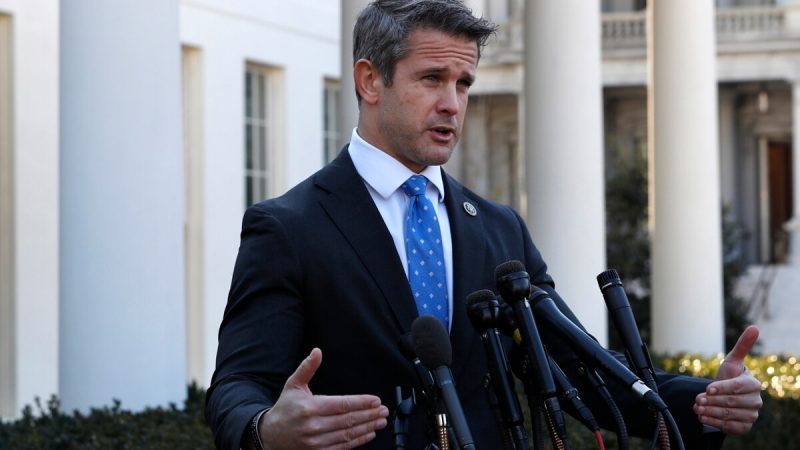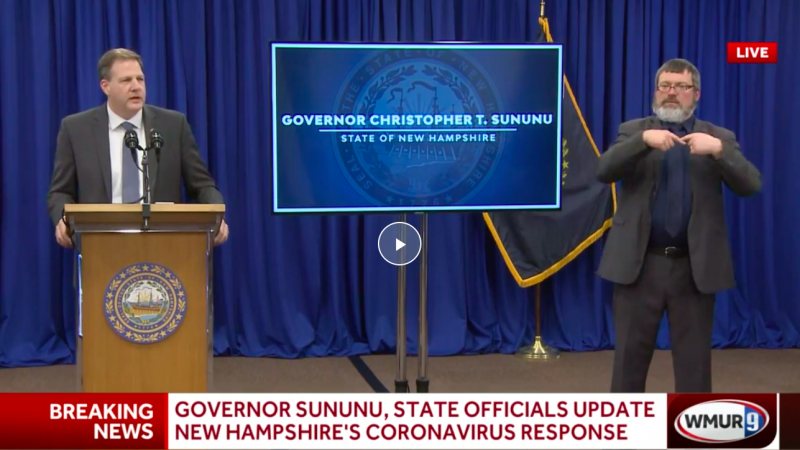The Government Is Forcing Kesha To Work With Her ‘Alleged’ Rapist

In case you were under the delusion that, despite the horrors of patriarchy, at the very least the government was on the side of sexual assault victims…I have news for you.
For a couple years now, Kesha, the pop singer, has been embroiled in a series of legal battles in an attempt to separate herself from her Sony record producer, Dr. Luke, whom she (quite plausibly) claims raped her and physically and emotionally abused her for years. The latest battle was an attempt to free her from her contract with Sony to produce six albums with them. She claims (again, plausibly) that this contract would kill her career: if she remains and works without Dr. Luke, Sony will not promote her music because he is their most successful producer. Her other choice is, effectively, not to make music anymore.
Our nation’s courts have sided with the rights of businesses to maintain contracts over the potential emotional and financial distress (and potential further physical harm) this would cause a rape survivor. On Friday, a judge refused to let Kesha out of her contract, under the assumption that Kesha could reasonably be expected to work with another producer on the label. We have to wonder, here, what constitutes a “reasonable” decision.
Is it reasonable to discount emotional trauma?
Is it reasonable to leave a woman in the hands of her abusers?
Is it reasonable, for that matter, to maintain a 10-year-0ld contract made when the signer was 18, after a drastic change in circumstances?
There are plenty of questions here that would keep contract lawyers up at night, wondering about the state of their field. But my job is to be angry, and to remind you that feminism is not obsolete; it is a movement that becomes more immediate every day. While women are contractually tied to their rapists, when judges hold up those contracts, when they claim that “reason” in business is somehow divorced from human emotion–when the woman is framed as too emotional and the abusive man as reasonable–there remains imminent danger to every woman’s well-being.
The law in our nation is unjust to women. So what can we do? Certainly not accept it.
Free Kesha.







It strikes me that compelling her to perform against her will has a problematic Thirteenth Amendment aspect to it, especially if she is not being permitted to buy out her contract.